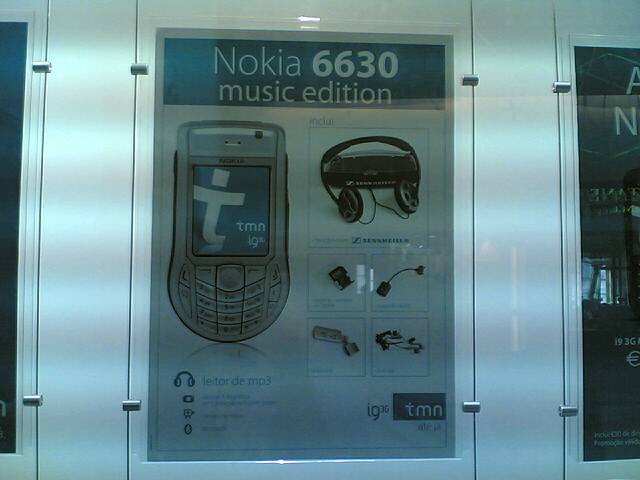Last week a number of German Mobile Virtual Network Operators (MVNOs)announced that they would slash prices for mobile Internet access to 0.24 Euros per megabyte. The news almost sounded to good to be true. Thus, I decided to test one of the new prepaid offers myself while on the way to the 3GSM Congress.
I decided to go for the ‘Aldi Talk’ offer for two reasons. First, Aldi is the only MVNO currently offering SIM cards that are not only allowed to use the GSM network of E-Plus but also their UMTS network. Second, getting a SIM card is straight forward. Aldi is a big supermarket chain in Germany and their offer is available in all of their stores. The SIM card costs 15 euros and includes 10 Euros worth of voice calls (14 cents a minute to all networks, 4 cents between Aldi’s customers) or data traffic. Activating the SIM is straight forward and can be done for example via the web. Within half an hour my SIM was usable. Access to the Internet with my notebook via the UMTS network of E-Plus worked immediately and without any difficulties, as I looked up the required GPRS access point name (APN) before, which is internet.e-plus.de. Also noteworthy: It seems Nokia has done a lot of homework as my N93 automatically added the necessary configuration for on device browsing and MMS when I first inserted the new SIM card. Well done, Nokia!
I surfed the net for a while with my notebook and checked the traffic counter before hanging up. I used about two megabytes and right after the session my balance was reduced by about half a euro, just as expected. The remaining balance on the prepaid account can be checked at any time by sending *100# to the network and so users have full control of how much they spend.
Aldi Talk, or E-Plus in general, seems to use a transparent proxy for web requests which compresses pictures on web pages to improve page download times. While not really necessary while being in the UMTS network, this is a very nice feature while surfing the net via the slower GPRS network. Unfortunately, the compression can not be turned on or off and a lot of people are thus quite unhappy about this functinonality. However, there is a way around this as further discussed below.
The Aldi talk offer is not restricted to web surfing. I also sent and received some eMails via SMTP and POP3, sent a picture to Flickr via Shozu and used my IPsec client to establish a secure tunnel to my company. All applications worked just as they should. Very well indeed!
I can also set my IPsec client to send all packets through the encrypted tunnel instead of only those destined to the company intranet. This has the added benefit that pictures on web pages can not be compressed by the E-Plus web proxy. The same effect can be reached by other means as well. Many DSL routers at home these days can act as a PPTP (Point to Point Tunelling Protocol) server and if the Windows XP built in PPTP client is configured to be used as default gateway, all packets can be made to traverse the encrypted PPTP tunnel to the DSL router and from there to the Internet. This, however, should only be done if the DSL uplink has a higher capacity than the UMTS downlink in order not to slow down the connection.
To me, the new prepaid mobile data offer holds what it promisses. I have full access to the Internet at a reasonable price for the data volume generated by my applications. On top, I get very competitive prices for voice calls as well, so I am one step closer to using a single mobile phone for both voice and data again. The next step would now of course be to offer affordable international data roamig as well. Hutchison’s Three networks have made the brave first step in this direction and I hope others will follow the good example.
